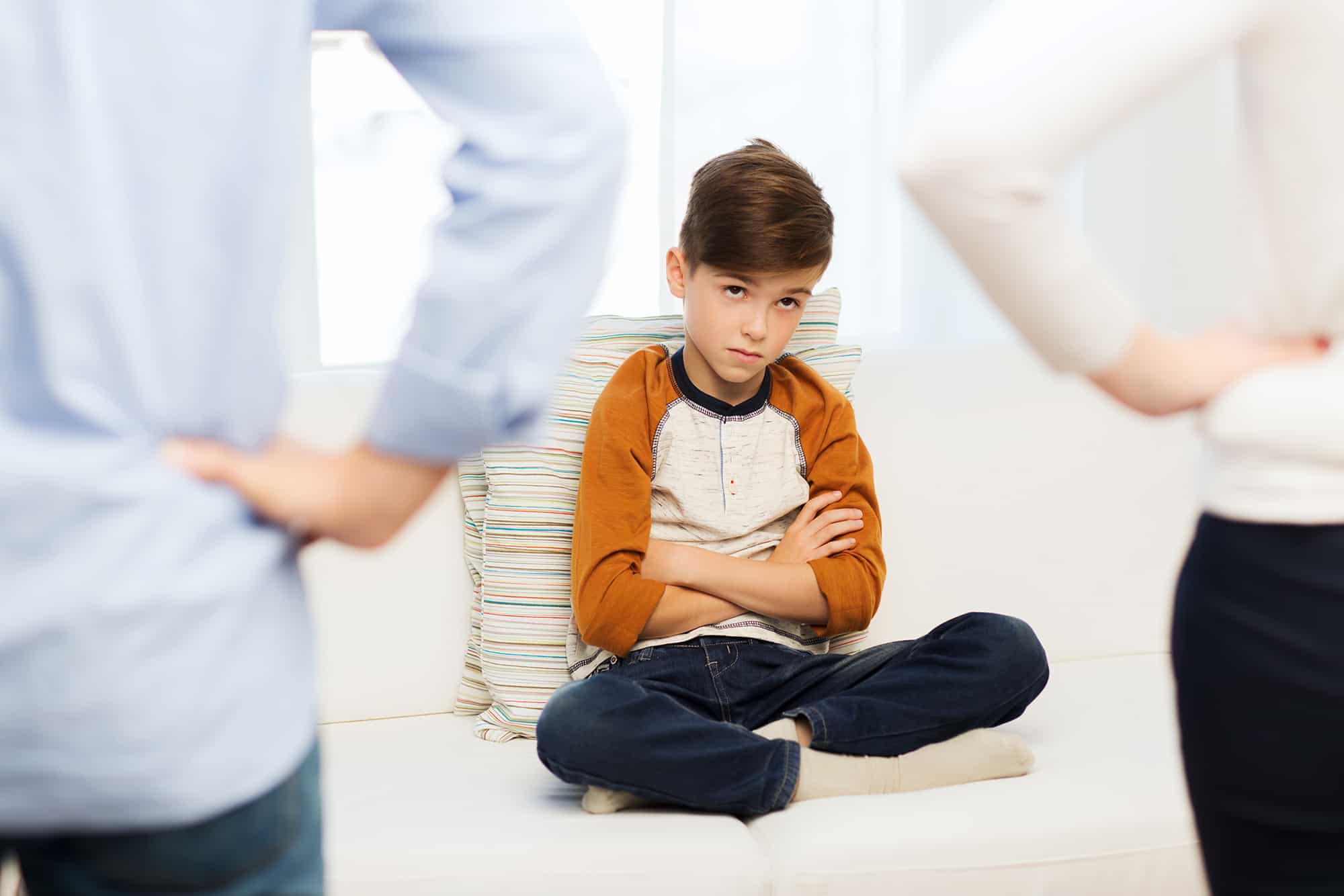It’s a question I get asked a lot; ‘what do I do, when my child is acting out?’ This is a really tricky one to answer, and the answer I am going to give is not going to be popular but it is provocative. From my perspective, acting out is generally when a child behaves in a way that a parent doesn’t approve of. In other words; a child may be acting in a way that is perfectly sensible and perfectly reasonable for them – based on who they are, what’s going on in their life and how they’re feeling. But if the person with the power, that is the parent, disapproves of the child’s behaviour, then the parent labels it ‘acting out’ or ‘being naughty’.
Ultimately, what we are dealing with is parental disapproval, being labelled as ‘I’m blaming my child for the way that I feel.’ Now, it is true that our children can behave in ways that we find challenging, but that’s not necessarily ‘on the child’. Sometimes it is. Sometimes the kids are just pushing buttons and boundaries. But if we stop for long enough to question ‘why?’, what we’ll usually find, is that there’s something that we could have done or there’s a way that we could have understood them better, so that this situation wouldn’t have occurred in the first place.
Often acting out is labelled as ‘attention seeking’. Parents will say to their kids – ‘well, if you’re going to be an attention seeker, I’ll ignore you.’ Parents will say to one another – ‘they’re just doing it for attention.’ There’s this sense that if our children are asking for our attention, then that’s the last thing we should give them… especially if they are going to ask for it so abruptly and so rudely. My response when parents say that – is exactly the opposite. If your kids are asking for attention – give it to them… they need attention.
Imagine if you responded to your partner in the same way if they were asking for your attention. If you wouldn’t communicate or act that way with them, why respond that way with your children? I’d like for you to remember that ‘attention seeking’ is actually ‘connection seeking’. So, what we’re really saying when we tell our children we’re not going to give them attention is – ‘we’re not going to give them connection.’ Imagine how that feels to a child, how you’ve felt when you’ve been put in a similar situation.
Brené Brown describes connection as ‘feeling seen, heard and valued.’ So, if your child is ‘acting out’, that is – behaving in a way that you’re finding challenging, what they are actually seeking – is connection. They’re saying ‘would you please see me?’, ‘Would you please hear me?’, ‘Would you please value me?’
Someone once described this to me as the ‘soggy chips syndrome’. Think of how great fresh, hot chips are from the fish and chip shop – all wrapped up in their paper cocoon. If they’re eaten hot and fresh, there’s nothing better. But if they’re left for a while, they get all soggy and cold. But because they smell so good, and you went out of your way to get them – you’re going to eat them anyway. The difference between the hot, crispy chips and the cold, soggy chips is enormous, but the craving for the chips is so great – that you’re just going to have the chips no matter what state they are in, and regret it later. The chips are like attention, whether positive or negative – your children don’t differentiate. They just want the connection and they’re going to have it any way they can get it.
If our kids are acting out, they’re just acting the way they are, because they need something from us.
I’ve identified five central triggers that tend to lead to challenging behaviours in children.
The triggers can be remembered with the acronym ‘HALTS’.
H – Hungry
A – Angry
L – Lonely
T – Tired
S – Stressed
If they are any of those five things, our job is to not be angry or criticise them for being hungry, angry, lonely, tired or stressed. Our job is to say ‘are you hungry, do you need something to eat? Are you tired? Do you want to have a rest? Are you angry? – help me to understand what’s upset you so much. If you’re lonely, let me connect with you. If you’re stressed – let me understand a little better’.
We also need to remember that, just like adults, kids have bad days too – and that’s okay.
Sometimes, it’s as simple as saying: ‘you’re having a really rough day today – aren’t you? That’s okay, we all have rough days.’ This small acknowledgement can calm them down and help your child feel like they’re a human being, having a normal human experience. Sometimes, we just expect too much of our children. Think about how much you appreciate someone’s patience with you when you’re having a lousy day.
The best research suggests addressing these behaviours gently and kindly. As a parent, we need to be in control of ourselves, because if we’re not in control of ourselves, if we’re reactive and blow our top, it’s not going to be a constructive way to fix things. Take a deep breath and work out what you’re trying to do here- am I trying to help or am I trying to hurt? And if I am genuinely trying to help – the best thing to do is see the world through their eyes and stand in their shoes. Using compassion and humanity, we explore rather than explode, understand – not reprimand, get curious – not furious. We keep asking questions, till we don’t just understand it in our heads, we understand it in our hearts and remember what it was like to be six or sixteen and have those same or similar frustrations and difficulties.
It’s about saying ‘we’re dealing with some problems at the moment, you’re having a really rough time, help me to understand why you’re having a rough time, so that we can work out a solution, because what is happening right now is not acceptable.’ Ask questions like – ‘what do you think we should we do?’ ‘How do we fix this?’ ‘What would be the best way forward?’ In other words – we don’t solve the problem – we rely on them to do it, because the answers are inside them. We just need to help them calm down, to turn off that emotional brain, and turn their thinking brain back on so that they can work out the best solution.
Ultimately, if you feel lousy, you’re going to act lousy. Our job is to tap into those feelings, work out where they are coming from, and then help our children to find more effective ways to experience those feelings, so that they don’t feel so bad – so they don’t act so badly. If we can help them feel a little bit better, then they are going to act a little bit better too.
For more on this topic, tune into Episode 90 of the PakMag Parents Podcast with Dr Justin Coulson joining Bree. Find the podcast at www.pakmag.com.au






